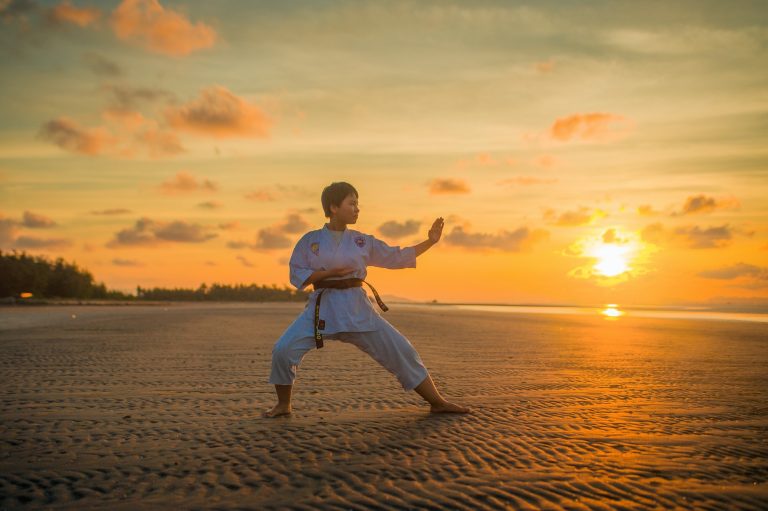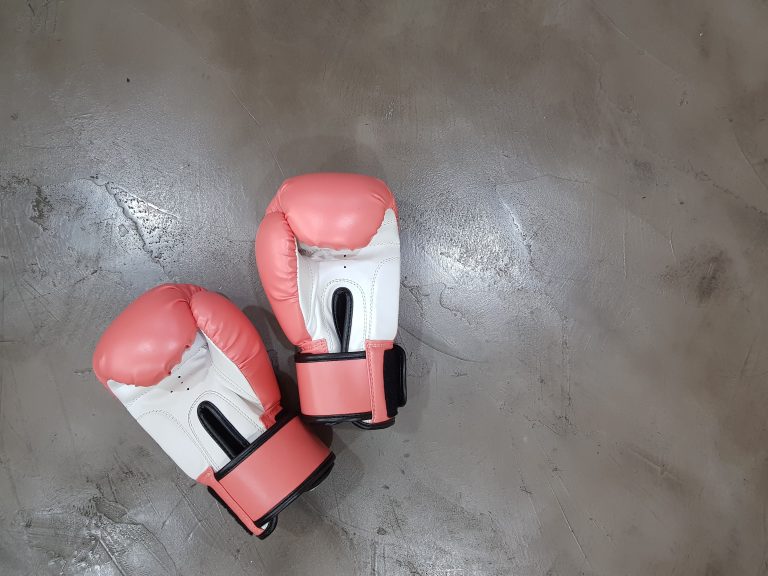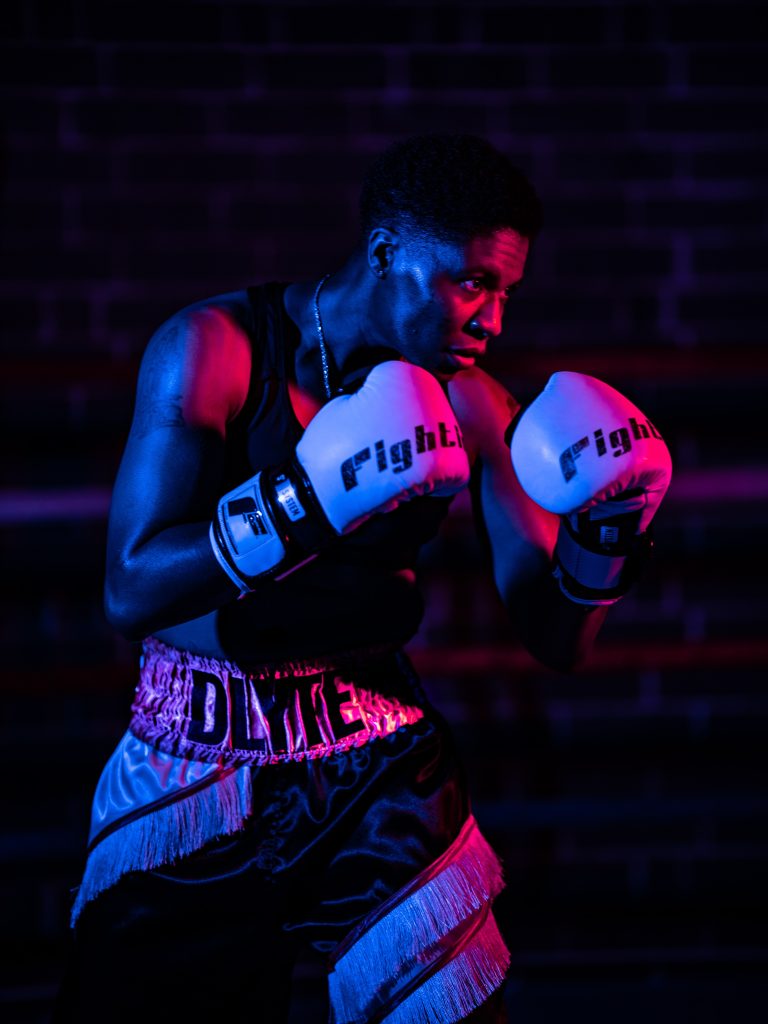Karate for Seniors: How to Stay Fit in Old Age
As we age, it becomes increasingly important to take care of both our physical and mental health. One great way to achieve this is through regular exercise, and karate is an excellent option for seniors looking to stay fit and healthy.
By practicing karate, seniors can realize a number of physical and mental health benefits. Karate can help improve balance, coordination, flexibility, and endurance, all of which are essential for maintaining independence and quality of life as we age. Additionally, the discipline and focus required in karate can help improve mental acuity and overall cognitive function.
If you’re a senior interested in taking up karate, there are a few things to keep in mind in order to stay safe and get the most out of your practice. Here are some tips to help you get started:
1. Consult with Your Doctor
Before beginning any new exercise program, it’s important to consult with your doctor to ensure that you’re healthy enough to participate. This is especially true if you have any preexisting conditions or injuries.
2. Find a Qualified Instructor
When starting out in karate, it’s important to find a qualified instructor who has experience working with seniors. They will be able to modify exercises and techniques as needed to accommodate any physical limitations you may have.
3. Start Slowly
It’s important to ease into any new exercise routine, especially if you’re a senior. Start with simple movements and work your way up to more complex techniques as your strength and flexibility improve.
4. Listen to Your Body
When practicing karate, pay close attention to how your body feels. If you experience any pain or discomfort, modify the exercise or technique to avoid injury.
5. Use Proper Equipment
Be sure to wear proper attire and use any necessary equipment, like gloves or protective gear, to avoid injury.
Karate is a great way for seniors to stay fit and healthy, but it’s important to approach the practice safely and responsibly. By following these tips and working with a qualified instructor, you can stay active and engaged in your later years while improving your physical and mental health.
Karate for Seniors: How to Stay Fit in Old Age
Aging is a natural process, but it can take a toll on your body. As you get older, your muscles become weaker, your joints become stiffer, and your bones become more brittle. This can make it challenging to stay physically active and maintain good health. However, being physically active is essential for seniors as it can help to improve flexibility, strength, and balance, and reduce the risk of chronic illnesses such as heart disease, diabetes, and depression.
Karate is an excellent martial art that can help seniors stay fit and healthy. It is a form of physical exercise that involves a combination of strength training, cardiovascular exercise, and flexibility training. In this blog post, we will answer some of the most frequently asked questions about karate for seniors.
1. Is karate suitable for seniors?
Yes, karate is a suitable form of exercise for seniors. It can help to improve flexibility, strength, and balance, which are essential for maintaining good health in old age. Moreover, karate can also help to improve focus and mental clarity, reducing the risk of age-related cognitive decline.
2. Can seniors start learning karate even if they have no prior experience?
Yes, seniors can start learning karate even if they have no prior experience. Many martial arts clubs offer classes designed specifically for seniors or beginners. These classes are generally slower-paced and focus on building a foundation of basic techniques and movements.
3. What are the benefits of learning karate in old age?
There are several benefits of learning karate in old age. For starters, it can help to improve physical health by increasing flexibility, balance, and strength. It can also help to improve mental health by reducing the risk of age-related cognitive decline and increasing focus and mental clarity. Additionally, karate can be an excellent social activity that promotes community and provides a sense of belonging.
4. What precautions should seniors take when learning karate?
Seniors should take certain precautions when learning karate to avoid injury. Firstly, they should consult with their doctor to ensure that they are fit enough for an exercise program. Secondly, they should start slowly and gradually build up their intensity and duration. Thirdly, they should always warm-up and stretch before beginning an exercise program. Finally, seniors should wear appropriate protective gear such as gloves, shin guards, and mouthguards to reduce the risk of injury.
5. Can karate be helpful in dealing with age-related mental health issues such as depression or anxiety?
Yes, karate can be helpful in dealing with age-related mental health issues such as depression or anxiety. Karate involves a significant amount of mental focus and discipline, which can help to reduce stress levels and promote feelings of calmness and relaxation. Additionally, karate can be an excellent social activity that promotes community and provides a sense of belonging, which can be helpful for seniors who may be feeling isolated or lonely.
6. What should seniors look for in a karate class?
Seniors should look for a karate class that is designed specifically for their needs. The class should be slower-paced and focus on building a foundation of basic techniques and movements. The instructor should be knowledgeable and experienced in working with seniors and be able to modify exercises to suit individual needs. Additionally, the class should be in a safe and supportive environment with appropriate equipment and protective gear available.
7. Is karate safe for seniors with chronic conditions such as arthritis or osteoporosis?
Karate can be safe for seniors with chronic conditions such as arthritis or osteoporosis, as long as they take appropriate precautions. The person should talk to their doctor before beginning an exercise program and follow any recommendations that they give. They should also start slowly and avoid any movements that cause pain or discomfort. Additionally, seniors with chronic conditions should wear appropriate protective gear such as gloves, shin guards, and mouthguards to reduce the risk of injury.
Conclusion
Karate is an excellent form of exercise for seniors that can help to improve physical health, mental health, and overall well-being. It is essential for seniors to take appropriate precautions when learning karate to avoid injury and stay safe. By finding a suitable class and instructor, seniors can enjoy the benefits of karate and maintain good health in their old age.
Inhaltsverzeichnis






